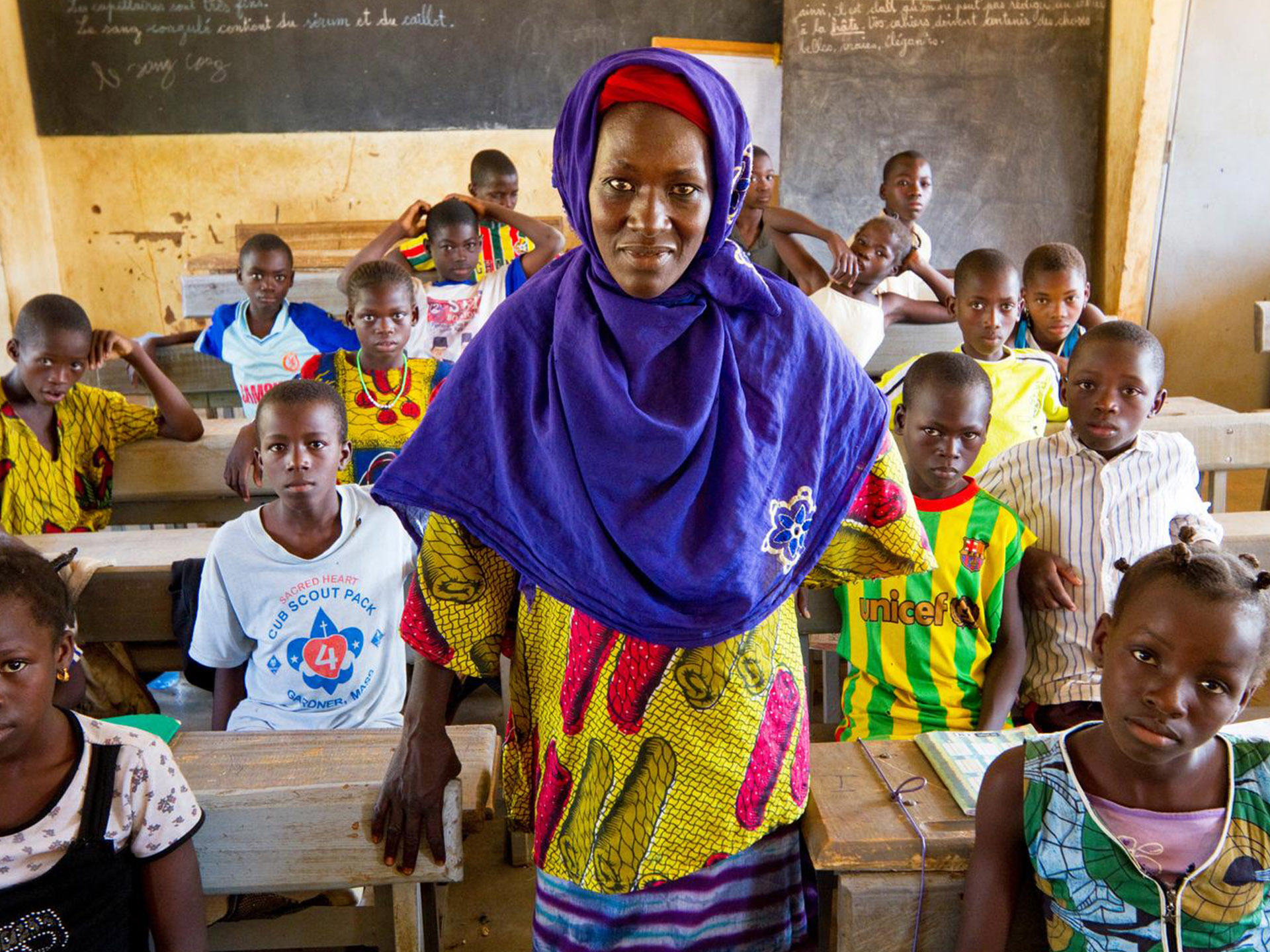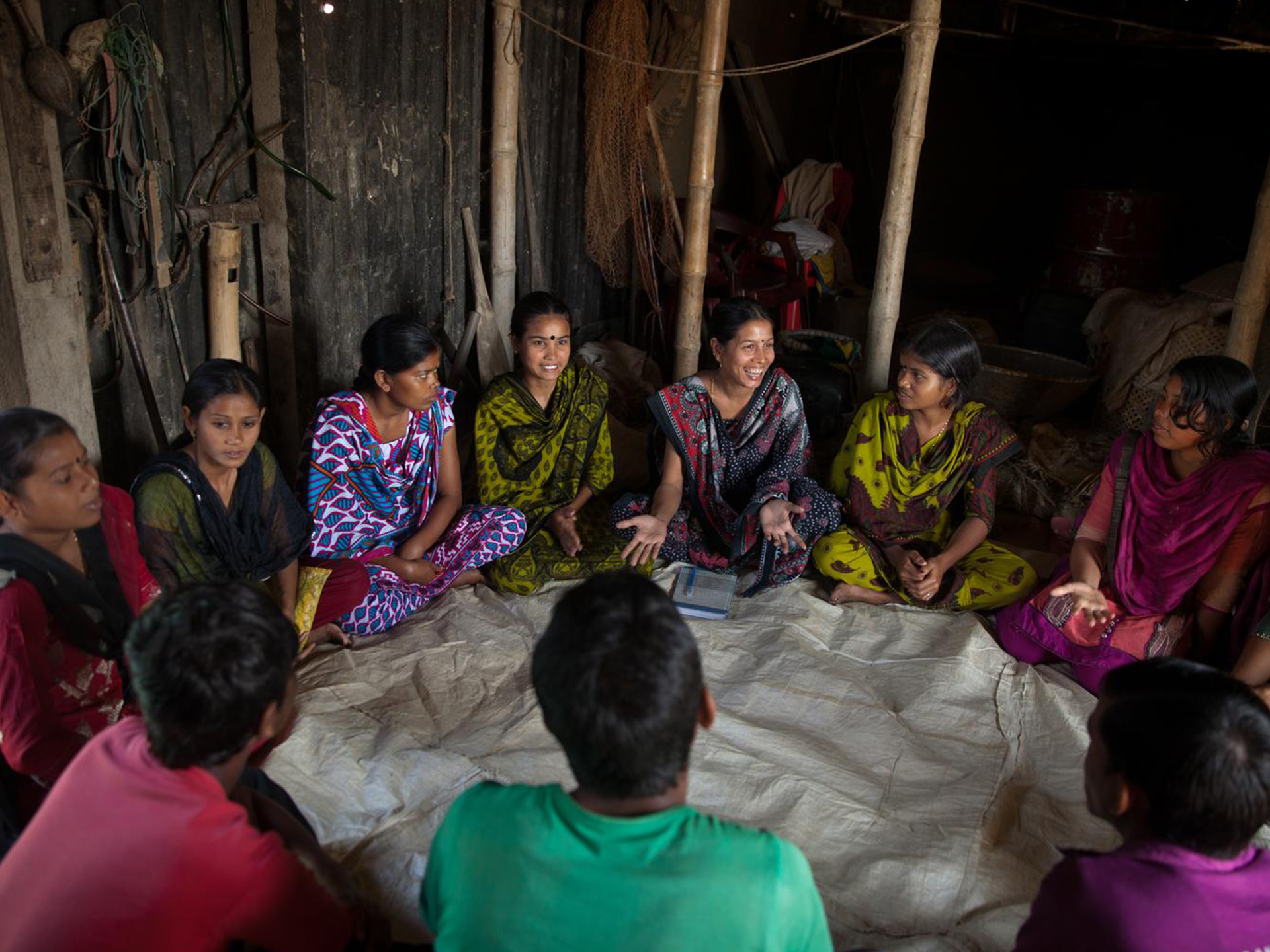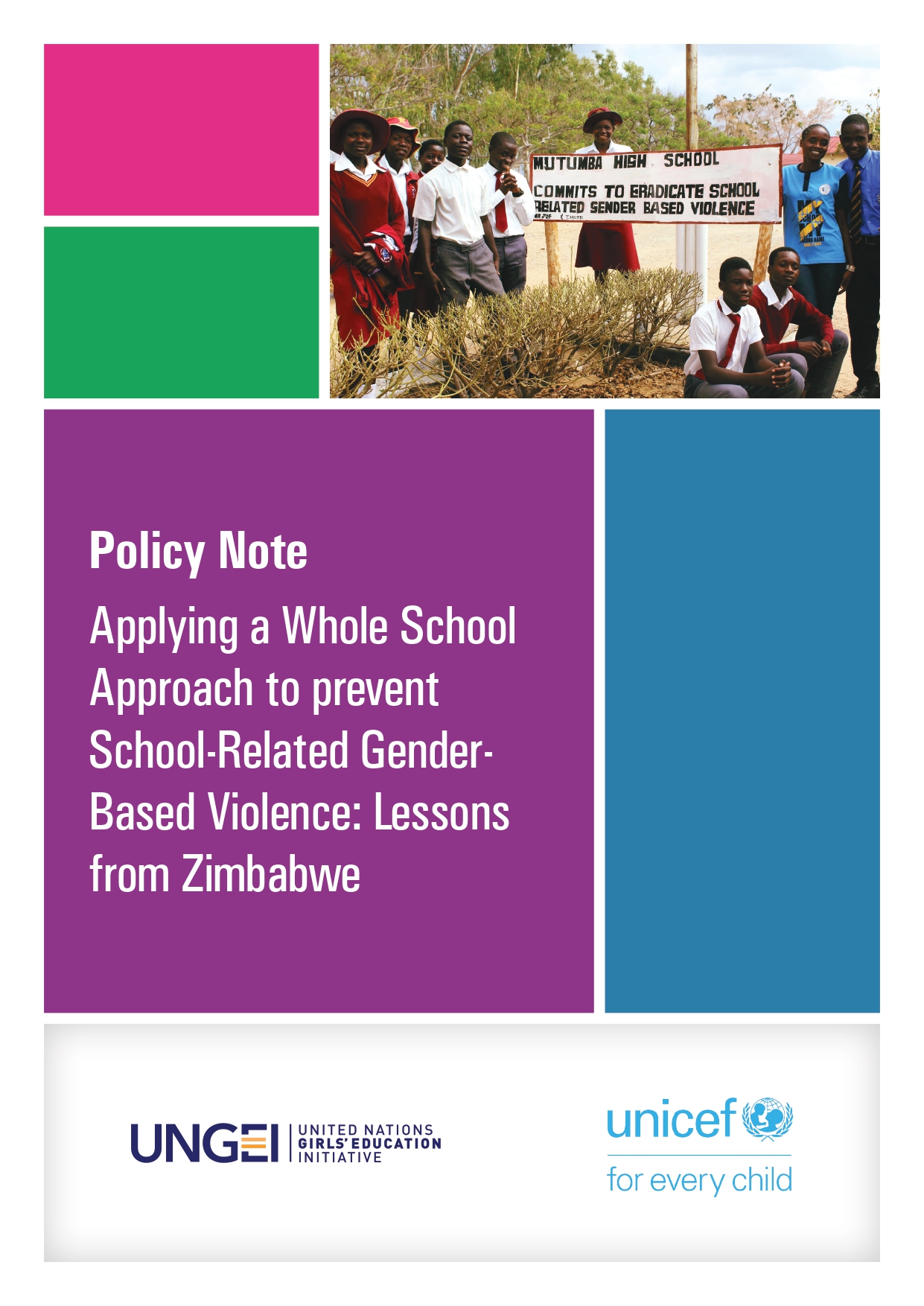GBV is real, also in and around schools
Schools do not escape gender-based violence in Suriname, a critical issue in this South American country. Adolescent students in lower secondary vocational education and training (LS VET) are especially affected, more so than their peers in general secondary. They experience more bullying by other students and more corporal punishment and psychological violence from teachers. Much of this violence is a result of gender norms and stereotypes and is enforced by unequal power dynamics.
The share of sexual violence deserves special attention as it is hitting young people particularly hard. Instances of sexual violence such as assault, sexual abuse, rape and attempted rape are experienced most by girls aged 11–20. One in five adolescent girls claims their first sexual contact was forced. Adolescent boys have expressed being victim of unwanted looks and touching.
LS VET students tend to have more sexual experience than those in general secondary. Everything seems to indicate that, for many, this experience is far from positive. This raises urgent questions for educators: How can we turn LS VET schools into safe places to learn? What can LS VET schools do to protect students from sexual violence?
With the iGROW project, VVOB decided to take on these challenges together with key partners: the Ministry of Education, Science and Culture (MinOWC) of Suriname, the Center for Professional Development (CENASU) and civil society organisations YES, Stichting Lobi — Youth Advocacy Movement, and ProHealth.
Whole school approach to end SRGBV
As the evidence mounts, so does the international consensus that efforts to end school-related gender-based violence (SRGBV) require a whole school approach. The recent publication of minimum standards by the Global Working Group to End SRGBV and UNGEI testifies to this. The publication points to eight key ingredients of the whole school approach, the first of which is central to all others:
- Effective school leadership and community engagement to create safe, gender-sensitive learning environments
- Establishing and implementing a code of conduct
- Capacity building of teachers and educational staff support
- Empowering children on child rights, participation and gender equality
- Improving reporting, monitoring and accountability
- Incident response
- Strengthening physical learning environments
- Engaging parents
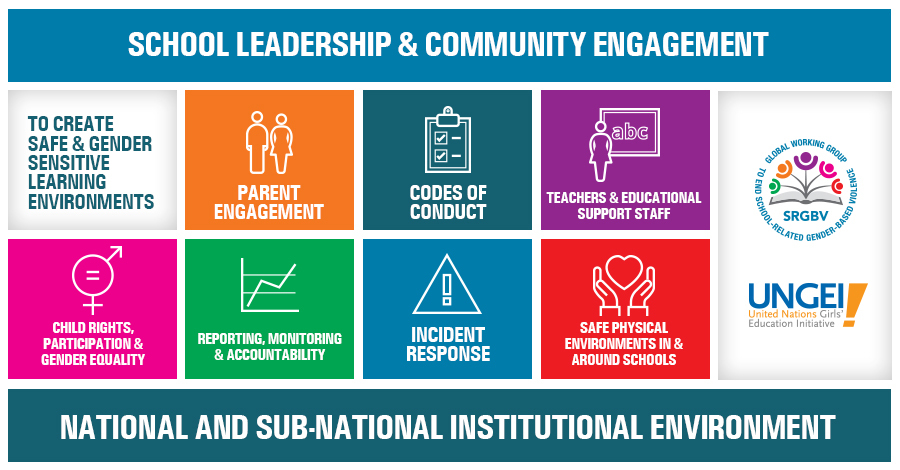
The basic idea behind the whole school approach is that school leadership, students, teachers, parents, community leaders and other education authorities need to work together to tailor SRGBV strategies to their context and to monitor and evaluate their implementation.
Through the iGROW pilot project, ten LS VET schools experimented with this way of working. During two school years (17/18 and 18/19) they received support from a coalition of organisations, each targeting their activities to a specified group of stakeholders and focusing on specific elements of the whole school approach. Two topics — ‘gender norms and stereotypes’ and ‘adolescent sexual and reproductive health and rights’ — were addressed across all target groups in an age- and context-appropriate way.
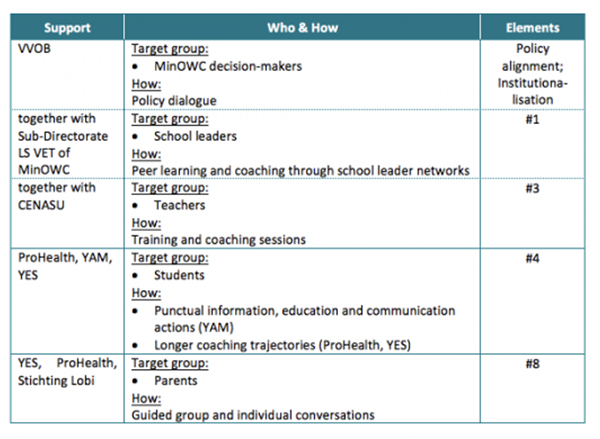
To increase the sustainability of iGROW’s school-level actions, there has been regular strategic dialogue between VVOB and high-level decision makers at the Ministry of Education. This has ensured alignment with existing national policies and priorities — the Integrated Children and Adolescents Policy being a useful entry point — and created a conduit for policy messaging between the Ministry and school levels.
Time for stocktaking of iGROW
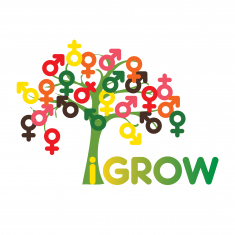
With the two school years now complete, the time is right for an iGROW stocktaking exercise. The November 2019 symposium in Paramaribo on ‘Working Together for Safe Schools’ brought together academics, LS VET practitioners, civil society organisations (CSOs) and officials from MinOWC and CENASU for this very purpose. One of the highlights of the day was the preliminary report of the Institute of Graduate Studies and Research (IGSR) at Anton De Kom University on the changes effected by iGROW. In 2017 and 2019 IGSR executed student, teacher and school leader surveys and held focus group discussions with all target groups.
Here are some of the findings relevant to key elements of the WSA:
- Changing gender norms and stereotypes: A significantly larger percentage of students reject the gender stereotypes in GBV-related statements.
- Foundations for improved reporting: There is a strong and growing majority of students who have the courage to report certain forms of SRGBV, such as bullying and beating, to teachers and school leaders. When it comes to sexual violence, however, less than half of students declare themselves ready to tell a teacher about sexual harassment or abuse.
- Better understanding of what constitutes a ‘safe and gender-responsive school’: School leaders now also consider social and emotional safety at school in addition to certain aspects of physical safety.
- Call for updated school regulations and code of conduct for teachers: School leaders now believe their school regulations need a broader definition of a ‘safe and gender-responsive school’ as well as clear guidelines to prevent sexual abuse of students and teachers. School leaders also underscore the need for a code of conduct for teachers as one of the instruments for creating a safe and supportive learning environment.
- Creating spaces for new and difficult conversations: iGROW participants appreciate the methodologies for reflection and dialogue put in place to address difficult topics. At the same time, students and teachers may still prefer to not have certain conversations with each other and leave this up to specialised external organisations, such as some of the CSOs of the iGROW coalition.
What next?
Using these and other findings as food for thought, the afternoon symposium workshops concluded with draft recommendations on ‘Working Together for Safe Schools’. To set priorities, VVOB looks forward to the final report and ongoing policy dialogue with MinOWC.
